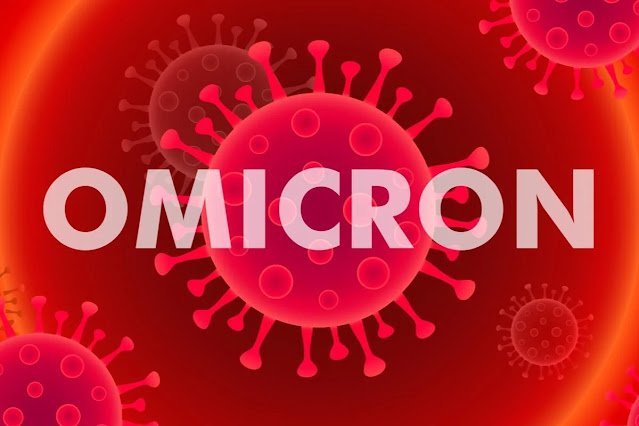MOH Singapore: Rumours about large increase in severe COVID-19 cases and deaths due to XBB strain 'not true'
Rumours that Singapore is seeing a significant increase in severe COVID-19 cases and deaths due to the XBB strain are untrue, the Ministry of Health (MOH) said on Tuesday (Oct 11, 2022).
"There have been rumours circulating via WhatsApp that Singapore is having a rapid and large increase in cases with severe illness and deaths due to the circulating XBB strain," the ministry said in a statement."This is not true. We are initiating POFMA action against such falsehoods," it added, referring to the Protection from Online Falsehoods and Manipulation Act.
While there is an increase in local cases driven by XBB, including the post-weekend spike this Tuesday, MOH said the number of severe cases has remained relatively low.
"This is very likely due to the resilience built up through vaccination and previous waves of infection. We are monitoring the trajectory closely," the ministry added.
"More importantly, there is also no evidence of XBB causing more severe illness. So far, the large majority of patients continue to report mild symptoms such as sore throat or slight fever, especially if they have been vaccinated."
The XBB strain is an Omicron subvariant that has also been detected in countries such as Australia, Bangladesh, Denmark, India, Japan and the United States since August.
As of Tuesday, there were 11 intensive care unit (ICU) cases and 50 cases who needed oxygen supplementation – numbers which are "just slightly higher than the level observed in the past few months", MOH said.
This compares with the 171 ICU cases and 308 cases requiring oxygen supplementation at the peak of the Delta wave, and the 54 ICU cases and 242 cases requiring oxygen supplementation at the peak of the Omicron wave, MOH noted.
"The increase in hospitalised cases is in line with the overall increase in cases. There are currently 490 hospitalised cases compared to 1,600 at the peak of the Delta wave and about 800 at the peak of the Omicron wave," the ministry said.
"However, our hospitals' emergency departments (ED) continue to be very busy, we encourage members of the public not to rush to the ED unless they are experiencing an emergency medical condition."
Patients who walk into emergency departments with non-emergency conditions, including children, will be diverted to other urgent care clinics or primary care clinics for further assessment in order to prioritise resources for patients who need the medical care, MOH added.
Singapore reported 11,732 new COVID-19 cases on Tuesday. This is the first time the daily caseload has exceeded 10,000 in more than two months.
Earlier on Tuesday, MOH said that it will bring forward the administration of the Moderna/Spikevax bivalent vaccine to Oct 14, three days ahead of schedule.
The early roll-out was made possible by the ministry's operations teams completing preparations ahead of the deadline.
In addition, there are "benefits to administering early as infections are rising due to the XBB Omicron subvariant", said MOH.
"The bivalent Moderna/Spikevax vaccine is based on the same original vaccine, with the same dosage for boosting," added MOH.
"Instead of targeting only the original COVID-19 virus, the updated version also targets the Omicron variant. It therefore will provide better protection against newer COVID-19 variants. It is proven to be safe and effective."
Speaking to reporters at the Joint Testing and Vaccination Centre in Commonwealth on Tuesday, Health Minister Ong Ye Kung acknowledged that COVID-19 cases in Singapore had been rising and added that MOH is watching the XBB strain "very closely".
"XBB is demonstrating characteristics that it is dominating over all other subvariants. It has been detected in many parts of the world but in Singapore is rising very fast – within three weeks from nothing, it is now over half of all the daily cases," he said.
"But so far, what is good is that there's no evidence that it leads to more severe outcomes."
In a breakdown of local COVID-19 cases by strain posted on MOH's website on Monday, the ministry said that about 55 per cent of infections stemmed from the XBB strain, which is also known as BA.2.10.
This was an increase from 22 per cent in the preceding week, MOH said.
BA.5 was responsible for about 21 per cent of cases, while BA.2.75 was responsible for 24 per cent. Both are also Omicron subvariants.









Comments
Post a Comment